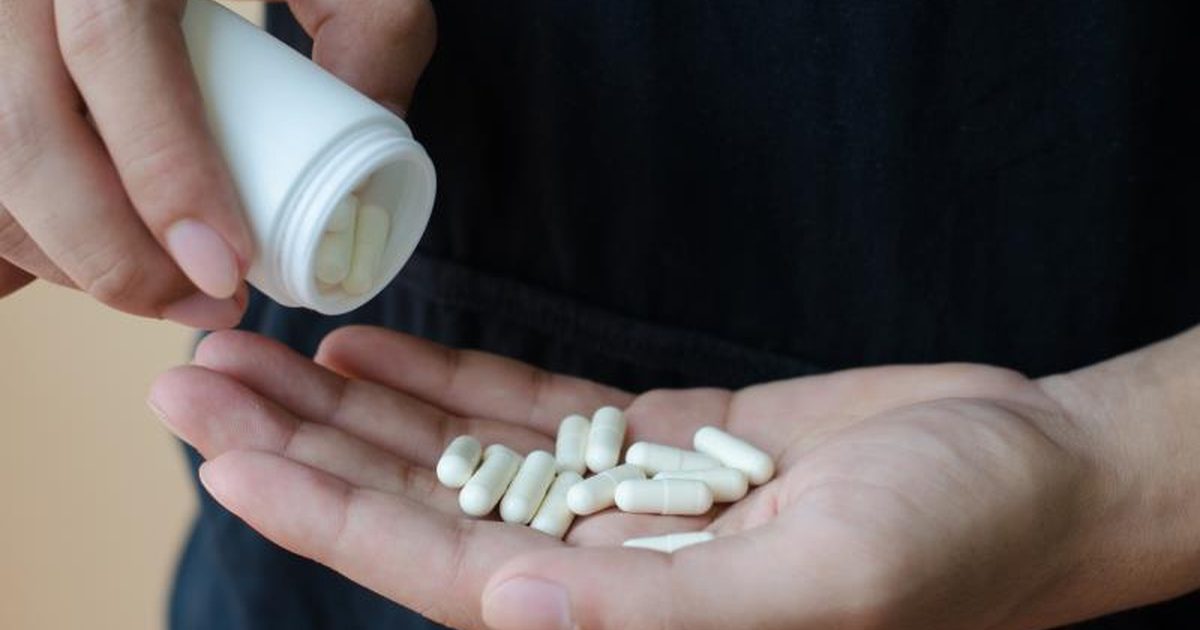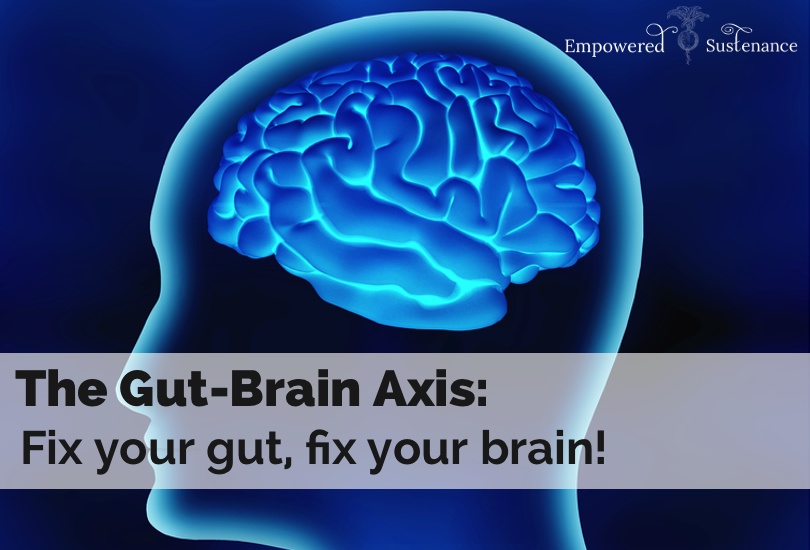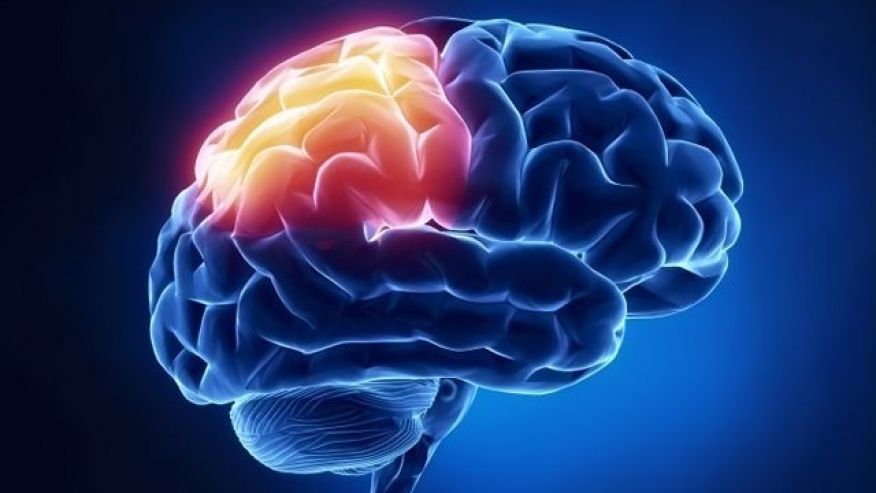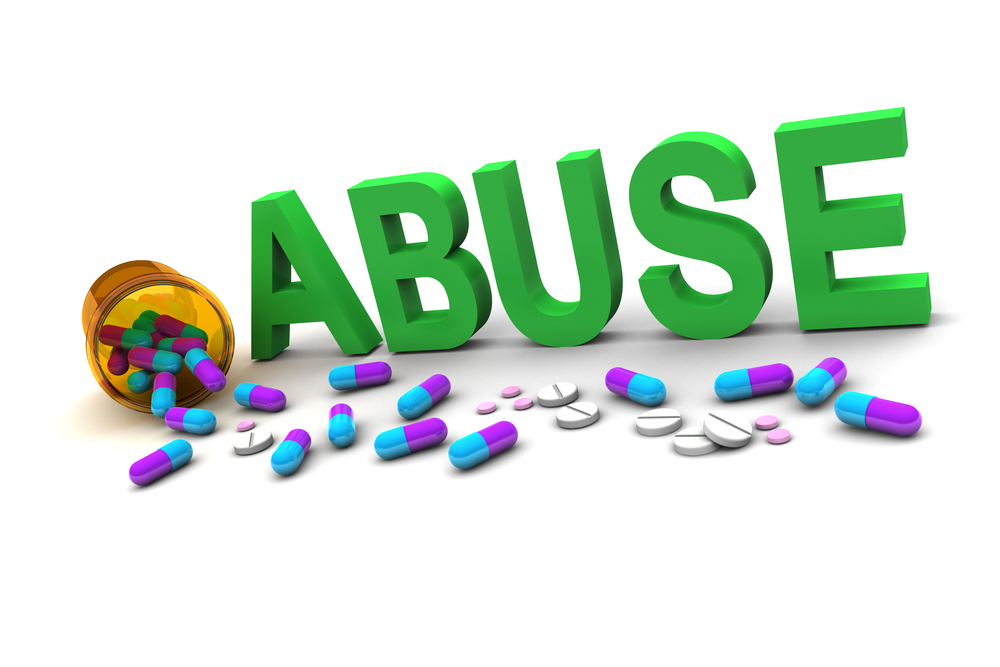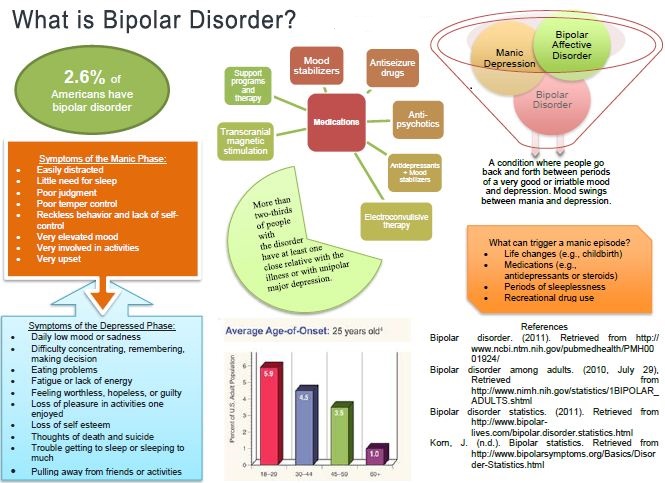Natural balance homeostasis of the brain
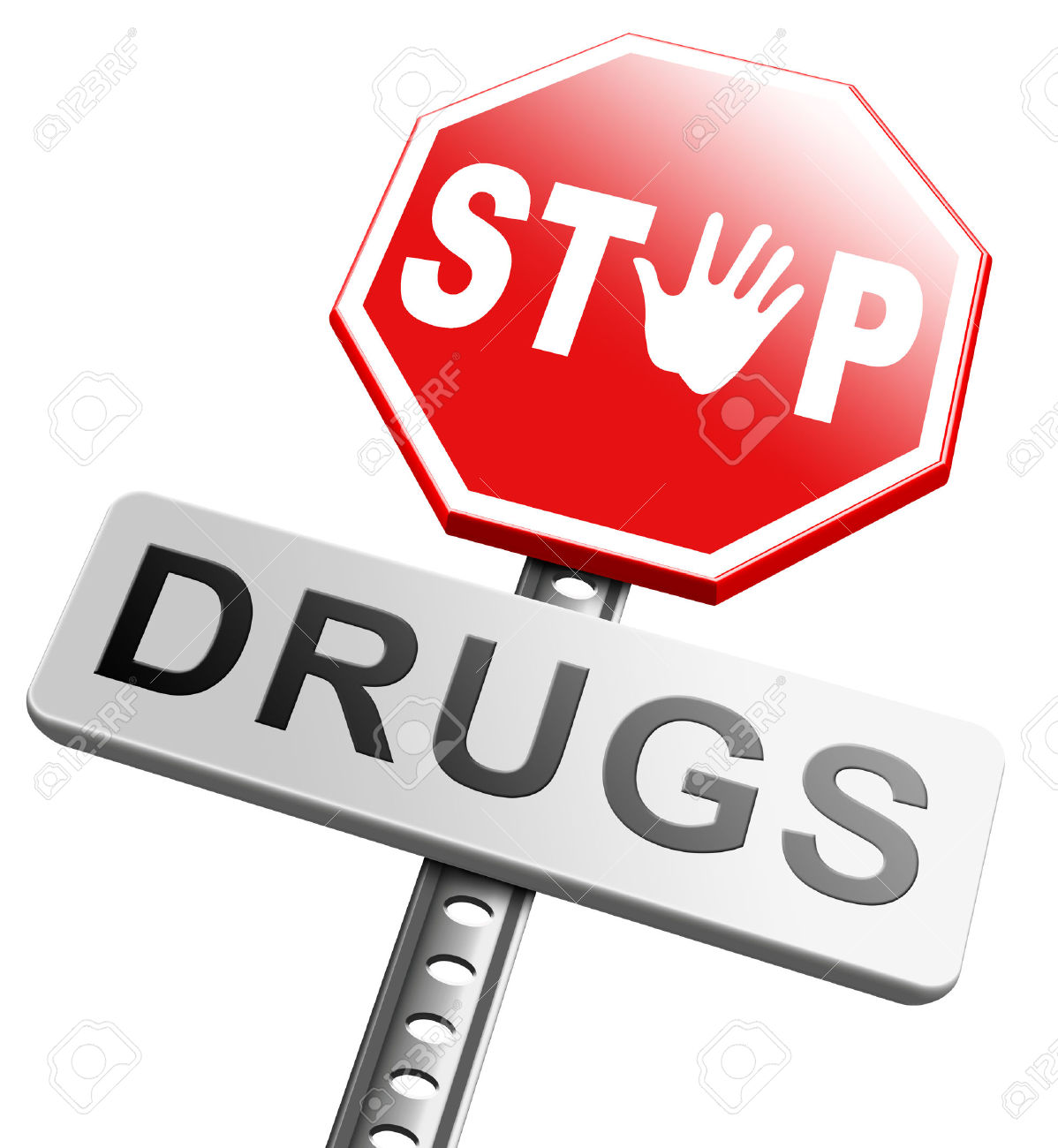
Natural balance homeostasis of the brain can fall prey to substance abuse
Natural balance homeostasis of the brain: Drug addiction
One of the fundamentals in our response to the question of discussion “the natural balance homeostasis of the brain” is that addiction will always change the brain natural balance which is scientifically known as homeostasis. The truth is that addiction interferes with an important biological process called homeostasis. Scientifically the human body is considered as a biological system. All biological systems attempt to maintain a “normal” balance, known as homeostasis. Doctor Akoury says that the brain actually functions as the administrator of this balance by making various adjustments where is necessary to maintain a balanced, well-functioning, biological system. Each person’s “normal” balance is individually determined. Drugs of abuse and activity addictions lead to changes in this normal balance.
Natural balance homeostasis of the brain: The brains over-stimulation
Chronic over-stimulation of the brain (like that which occurs in addiction) interferes with the maintenance of this natural balance homeostasis. When the brain has difficulty maintaining homeostatic balance, the wonderfully adaptive brain makes adjustments. It does this by creating a new balanced set-point. The creation of a new balance is called allostasis. This may not be very clear to many, but let me make it simpler by using a daily life illustration. Take for instance if you add more weight by 20 units, you will try fitting into your clothing’s despite the discomfort. But with time this will not be bearable and so you will have to adapt to the new body size by buying new clothes that will fit you well. Once this is done you will be more comfortable and at this point you will get used to the fact that your cloths are now large size and not medium or small sizes as it used to be.
That is how the process your natural balance homeostasis changes from medium to large. And with this adjustment you become comfortable again. Nonetheless the reverse can also take place in the future where the added 20 units may be lost to keep healthy and when that happens you will be compelled to make further readjustment to your clothing size by buying smaller sizes. Therefore even though at this moment you will be healthy due to the loss, you will still need to make an unpleasant and costly adjustment by buying smaller clothes. This is very similar to the unpleasant adjustment the brain must go through when people try to give up their addiction. Although this is a positive change, we will be uncomfortable while the brain makes readjustments to suits the present circumstances.
Natural balance homeostasis of the brain: The brains coping strategies
I hope that the concept is coming out clearly from the above illustration. But nonetheless even with the brain’s wonderful ability to make the readjustments, these changes are still causing significant changes to the brain’s functioning. And in fact it is these changes that account for many behaviors associated with addiction such as:
- The powerful and lustful need to obtain drugs or continue with the indulgence of harmful activities despite the harm to self or loved ones
- The difficulty of quitting an addictive drug or activity, and
- The obsessive, all-consuming nature of addictions such that little else in life matters
This happens because addiction caused the brain’s balance to change to accommodate the addiction. Once changed, the brain requires the addictive substance or activity in order to maintain this new homeostatic balance. Finally it is important to appreciate that we all have a duty to keep our health above board and the brain is playing a key role in ensuring that this dream is realized. Therefore anything that makes the brain to function improperly must be the biggest enemy to us. That is to say that if you or anyone you know is struggling with any form of addiction you may want to consider scheduling for an appointment with doctor Dalal Akoury today for the commencement of your healing recovery program.
Natural balance homeostasis of the brain: Drug addiction
http://www.awaremednetwork.com/

